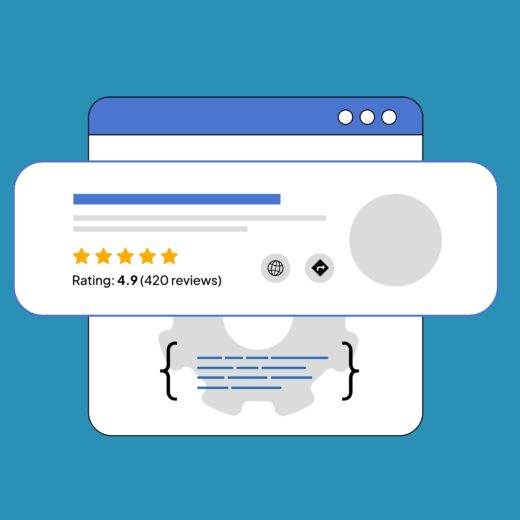Does Schema Quality Influence Google’s AI Overviews?

At Innermedia, we are always testing and reviewing how Google’s evolving search features affect visibility. One area sparking debate in the SEO community is whether structured data (schema) helps pages appear in Google’s new AI Overviews.
A recent controlled experiment has shed light on this question – and the findings are worth noting.
The Experiment
Three almost identical single-page websites were created:
-
One with well-implemented schema.
-
One with poorly implemented schema.
-
One with no schema at all.
All other variables, including content, keyword difficulty, and setup, were kept as consistent as possible.
The Results
-
Well-implemented schema: This was the only page to appear in an AI Overview. It also achieved the strongest organic rankings, reaching position 3 for one target keyword and ranking for six terms overall.
-
Poorly implemented schema: The page ranked for 10 keywords and peaked at position 8, but it never appeared in an AI Overview.
-
No schema: Crawled by Google, but not indexed. It failed to rank for any keywords and was excluded from AI Overviews altogether.
What This Suggests
While this was a small-scale experiment, the outcome is compelling: schema quality – not just its presence – appears to influence AI Overview visibility.
This aligns with earlier research showing that structured data improves how large language models interpret content. But in this case, the strongest evidence comes directly from Google’s own search results.
Why This Matters
AI Overviews are becoming increasingly important for search visibility. If your content isn’t eligible to appear, you could miss out on valuable exposure, particularly as Google continues to roll out these features.
Innermedia’s Take
For our SEO clients, we already ensure schema is implemented to a high standard across websites. This includes Article schema, FAQ schema, breadcrumb navigation, proper date formatting, and relevant entity information. The experiment highlights why that attention to detail matters.
It’s not enough to simply “have schema.” To maximise your chances of visibility in AI Overviews – and strengthen your overall SEO – the schema needs to be complete, accurate, and well structured.
That’s why we’ve developed our AI Ready package. This includes robust schema implementation alongside other key updates designed to make your website more visible and competitive in an AI-driven search landscape.
The Bottom Line
The test doesn’t provide absolute proof, but the evidence strongly suggests that well-implemented schema can improve both traditional rankings and AI Overview visibility. As Google’s AI-driven features expand, businesses that invest in strong technical SEO are likely to see the greatest benefit.
At Innermedia, we continue to monitor these changes and run our own tests to ensure our clients stay ahead. If you’d like us to review your site’s schema and AI readiness, get in touch – we’ll make sure your content is giving search engines (and users) everything they need.








